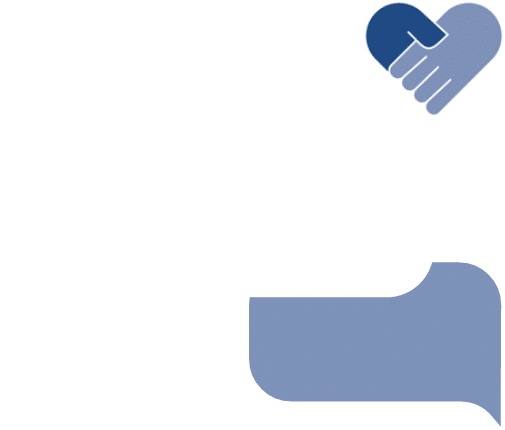Addiction and Mental Health Intervention Services in Arkansas
Our S.A.F.E.® (Self Awareness Family Education™) Addiction and Mental Health Intervention Services help families in Arkansas with their loved ones before they Want Help or Hit Bottom
Operant conditioning is learned behavior. Entitlement is believing you are deserving of something. These are short explanations, and to further explain, when you allow somebody to act or behave in a certain way, they eventually do not know how to act any other way. Once this behavior is established, the entitled person can’t comprehend or believe that you would change anything and that they deserve the way things are. What we are trying to say is that those with an addiction or a mental health disorder who are enabled become accustomed to the enabling. When a family allows their loved one to treat them a certain way, it becomes difficult to set boundaries because of the fear of what will happen if you do. The longer you allow your loved one to be dependent on the comfortable and dysfunctional family system, the more entitled the loved one with addiction and mental disorders becomes and the harder it becomes for your loved one and family to change.
People do not wake up when things are going well and check into a treatment center. Before someone asks for help or wants help, they must feel the consequences and rock bottom getting closer. When families in Arkansas call us for addiction and mental health intervention services, they often state they have done everything and believe treatment does not work. When listening to your family explain what has occurred, it does not take long for us to see and explain what has gone wrong and that treatment does work. The two common denominators are that the family has done very little to nothing for themselves, and your loved one has not had to do much because of the comfort provided by the family. What we are trying to say is that when an unhealthy family has been manipulated by their loved one’s behaviors, addiction, and mental health and allows themselves to be run over time and time, your loved one becomes entitled and, indeed, does not have to do anything different, even if they wanted to. Before a family can see any results, they must hold their loved one accountable and set boundaries while breaking the belief of entitlement. Please think again for those who cannot see how this applies because they feel they aren’t enabling or keeping their loved one comfortable. Choosing not to address your family’s recovery or deciding to take no action at all is the most detrimental form of enabling you can offer. This approach implies you don’t care, which we know isn’t true, and it sends the message that you accept their destructive behavior. When we speak to families in Arkansas and elsewhere, they often tell us of their limited access to professional resources, and we understand that. Regardless of whether or not you are in Arkansas, we always suggest to families that their loved ones seek help far away from their home environment so they have a greater chance of addressing their addiction and mental health. Besides, the distance can do the family some good because we know you could use the break if you’re reading this, too.
Meet Our Experienced Intervention Counselors

Mike Loverde, MHS, CIP
Clinical Director & Founder, Family First Intervention



Lisa Loverde, CADC
CFO & Compliance Officer
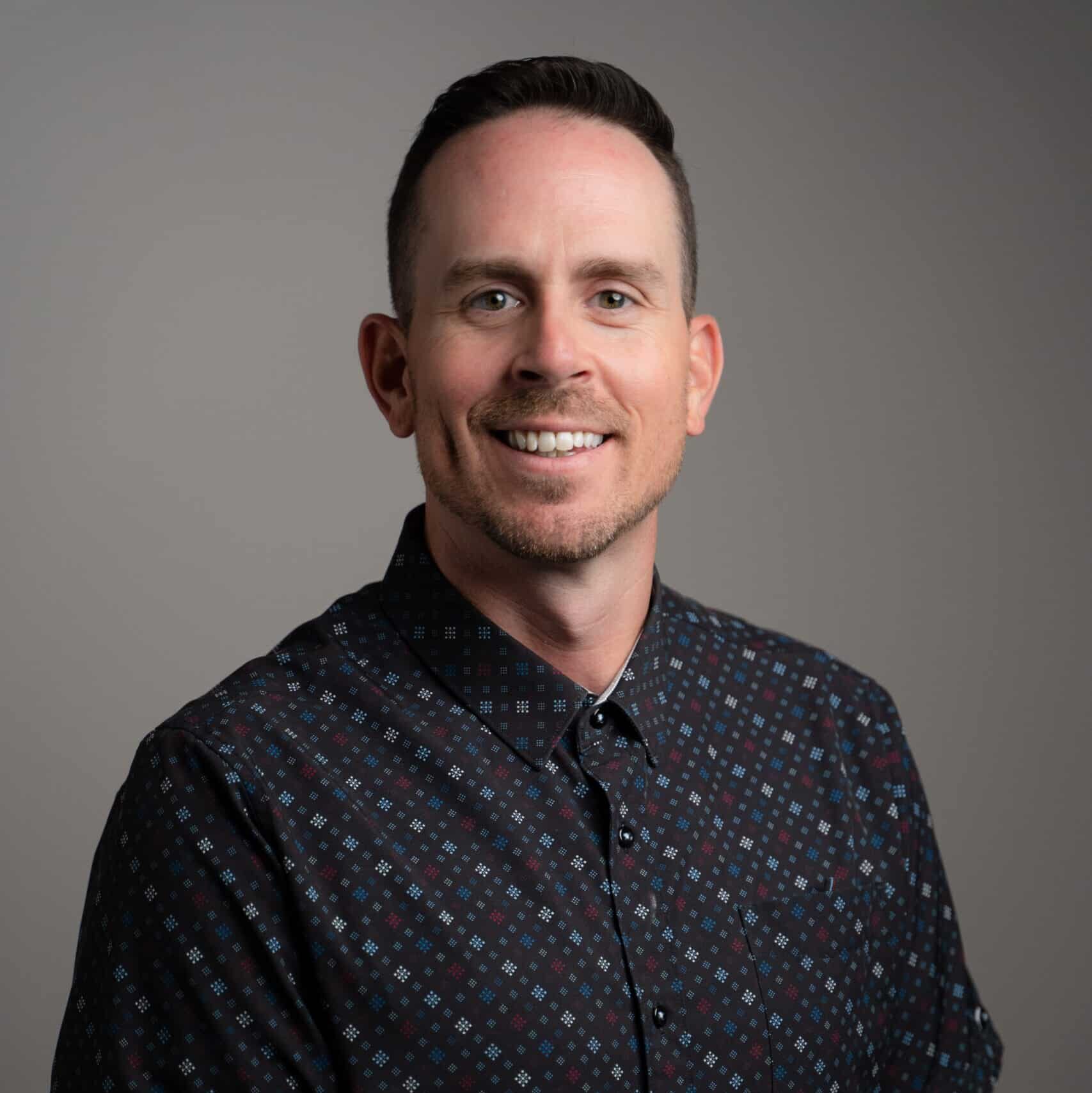


Adam Faulkner
CEO



Jeff Lukas
COO
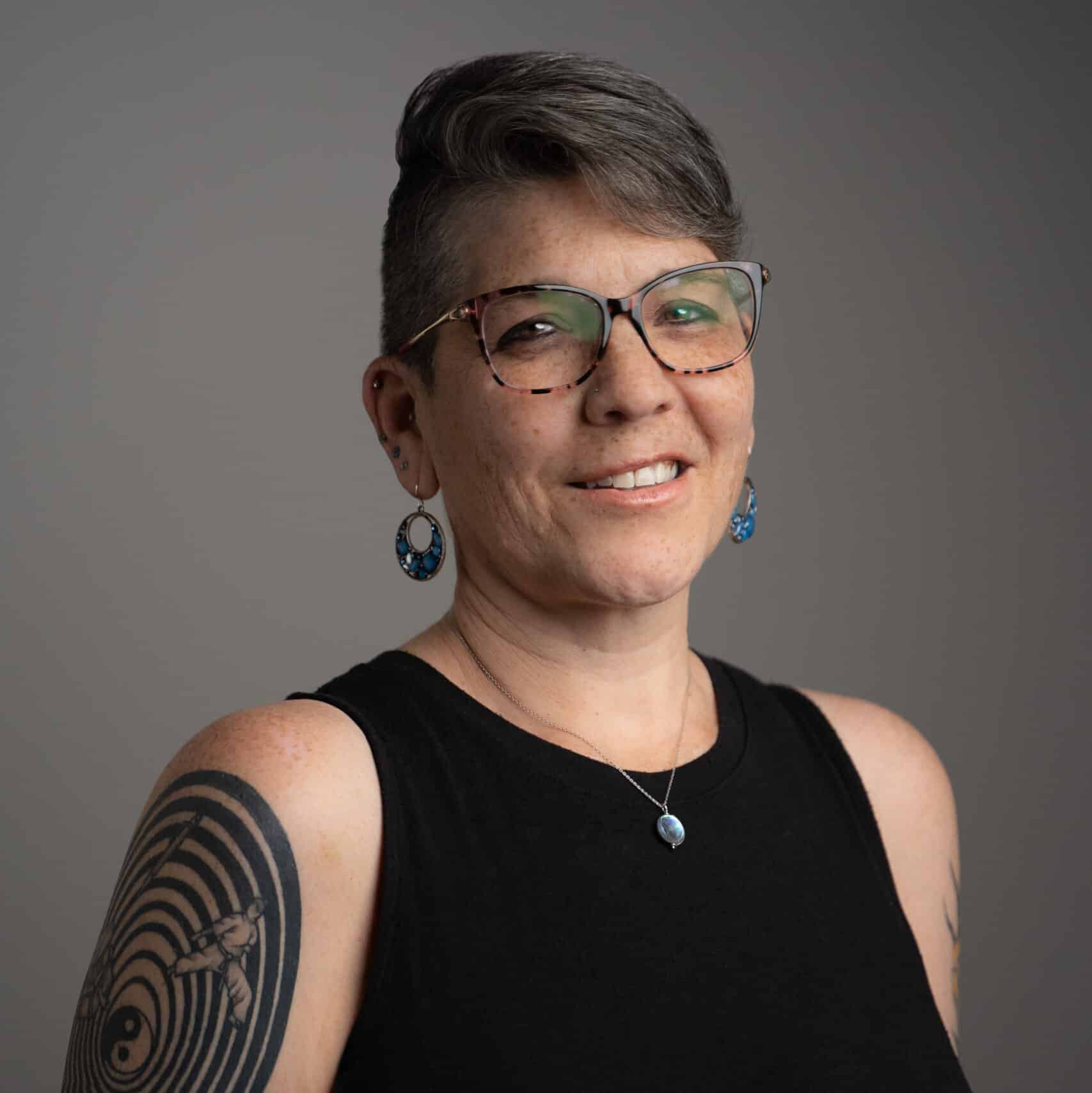


Regina Greene, MS, NLP
Director of S.A.F.E.® Family Recovery



Lydia Negron, MT-BC
S.A.F.E.® Family Recovery & Post Intervention Support
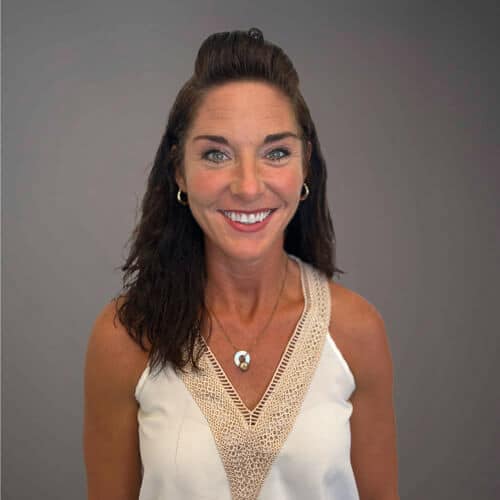


Meghan Gaydos, MA
S.A.F.E.® Family Recovery & Post Intervention Support
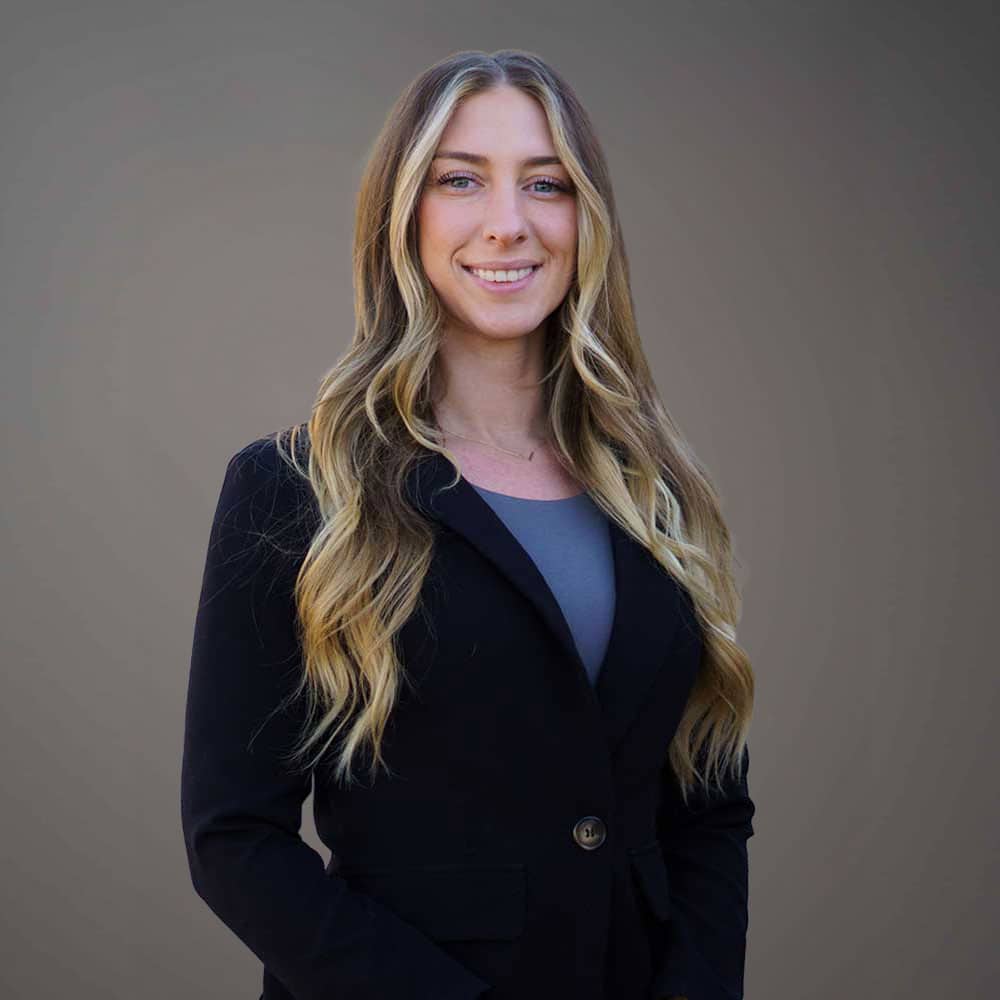


Alaina Fountain
Intervention Coordinator



Megan Torrez
Intervention Coordinator



Natali Chuvala
Intervention Coordinator



Makayla Zubal
Administrative Assistant
An intervention is not about how to control your loved one with a substance use or mental health disorder; it is about learning how to let go of believing you can.
How our S.A.F.E.® Addiction and Mental Health Intervention Services in Arkansas can Help your Family
As stated above, families must change to significantly increase the likelihood of a successful outcome for their loved one’s addiction and mental health recovery. Upon arrival at your home in Arkansas or elsewhere, we spend the time at the initial family meeting processing your thoughts using our S.A.F.E.® Intervention and Family Recovery Coaching manual as a guide. One of the many goals we seek to accomplish is for families to see and comprehend how they got to this point and what it will require to get to the next point. The next point is your loved one accepting help and your family moving into their recovery. In the unlikely event that your loved one refuses help at the intervention, your family moves into our recovery coaching program, and one of the many goals is to guide you on communication, boundaries, and accountability with your loved one to increase the likelihood they change their mind and accept help. Families of loved ones who have accepted help will experience challenges like those who refused. Families of loved ones who have accepted help seem to struggle more than those who refused help. It is very common for people to fight to leave treatment or resist treatment altogether after they have detoxed from alcohol and drugs or have been stabilized on psychiatric medications. At that point, they feel better physically and can move on without further treatment. Many families have been down this road and know it is a recipe for failure. These are often the same families who have told us they have tried everything and that treatment does not work. How can treatment fail if your loved one does not complete it, fails to follow discharge instructions, and returns home to a family that is going to do the same thing they have always done?
Our family recovery coaching program in Arkansas and elsewhere helps your family see the importance of addressing the behaviors and the resistance to treatment rather than the diagnosis or the drug of choice. Almost all family’s loved ones have a dual diagnosis and are experiencing multiple mental health disorder symptoms. We are here to help you hold it together and to hold your loved one accountable so they stay in treatment long enough to get over the problematic hump of settling in and accepting treatment. During your time in our Family Recovery Coaching program, you will meet with our professionals weekly as a family remotely from the comfort of your home. In addition to the weekly meetings, your family will have full access to all our support groups. Families who are regularly engaged and participating in the program will have access to us individually should the need arise. Families not participating in the aftercare program will not have individual access to us; you must be involved.
The entire concept of our program is to help families improve the quality of their lives regardless of whether your loved one chooses to enhance the quality of their life. The concept of detachment does not suggest you detach yourself from your loved one. Detachment suggests you let go of your loved one’s addiction, mental health, and destructive behaviors so that they may be responsible for the consequences. At Family First Intervention, we seek to provide families with the acceptance and closure of knowing that, regardless of the outcome, their family did everything they could and did it the most effectively.
Addiction and Mental Health Information for Families and their Loved Ones in Arkansas
People in Arkansas know the limited resources available to interventionists and quality treatment centers. Most calls from Arkansas are from families who have had their loved ones go to the same local place numerous times. Believe it or not, that is only a tiny part of the problem. Being local to your familiar environment does have its challenges. What makes it more difficult is being so close to the unhealthy family that has been part of the addiction and mental health struggle of their loved one. When someone is in a local facility, and the family has limited access to family recovery programs, it is inevitable for both sides to reunite before it would be healthy.
One of the number one predictors in addiction and mental health treatment is the environment, and the family significantly impacts the environment. A strong and healthy family with firm boundaries and little to no fear of detachment could see significant results with their loved one in a local program. The results in this scenario would be even better than a family who is the opposite of this with a loved one in treatment two thousand miles away. The goal is to not only separate the family and the loved one with addiction and mental health problems but also help the family work on their recovery. Our experience shows that when the family works on themselves. At the same time, their loved one does the same in treatment, a reasonable distance from their family and the environment, and the chances of a successful outcome significantly increase. If a family believes that all that must occur is their loved one going to treatment for thirty days and all will be well, then they and their loved one will be nonbelievers in treatment and recovery quickly. Both the family and the loved one with addiction and mental health must work on the behaviors and the perception. If the person in treatment only goes to treatment to address the symptoms, not the cause, they will see minimal and short-lived results. The same principle and thoughts apply to the family. If the family believes their actions did not play a role in the current situation, things will likely not improve.
“The most formidable challenge we professionals face is families not accepting our suggested solutions. Rather, they only hear us challenging theirs. Interventions are as much about families letting go of old ideas as they are about being open to new ones. Before a family can do something about the problem, they must stop allowing the problem to persist. These same thoughts and principles apply to your loved one in need of help.”
Mike Loverde, MHS, CIP


